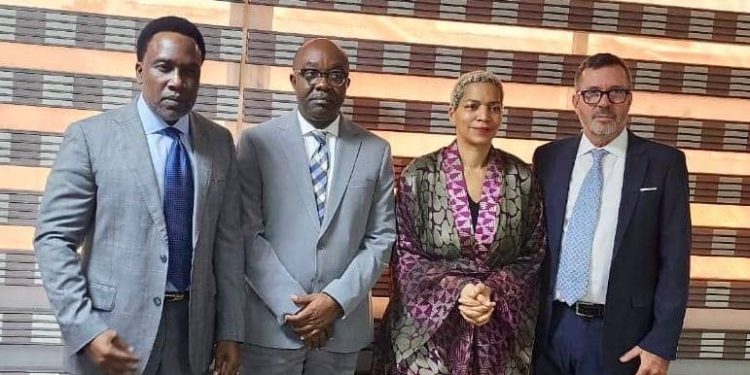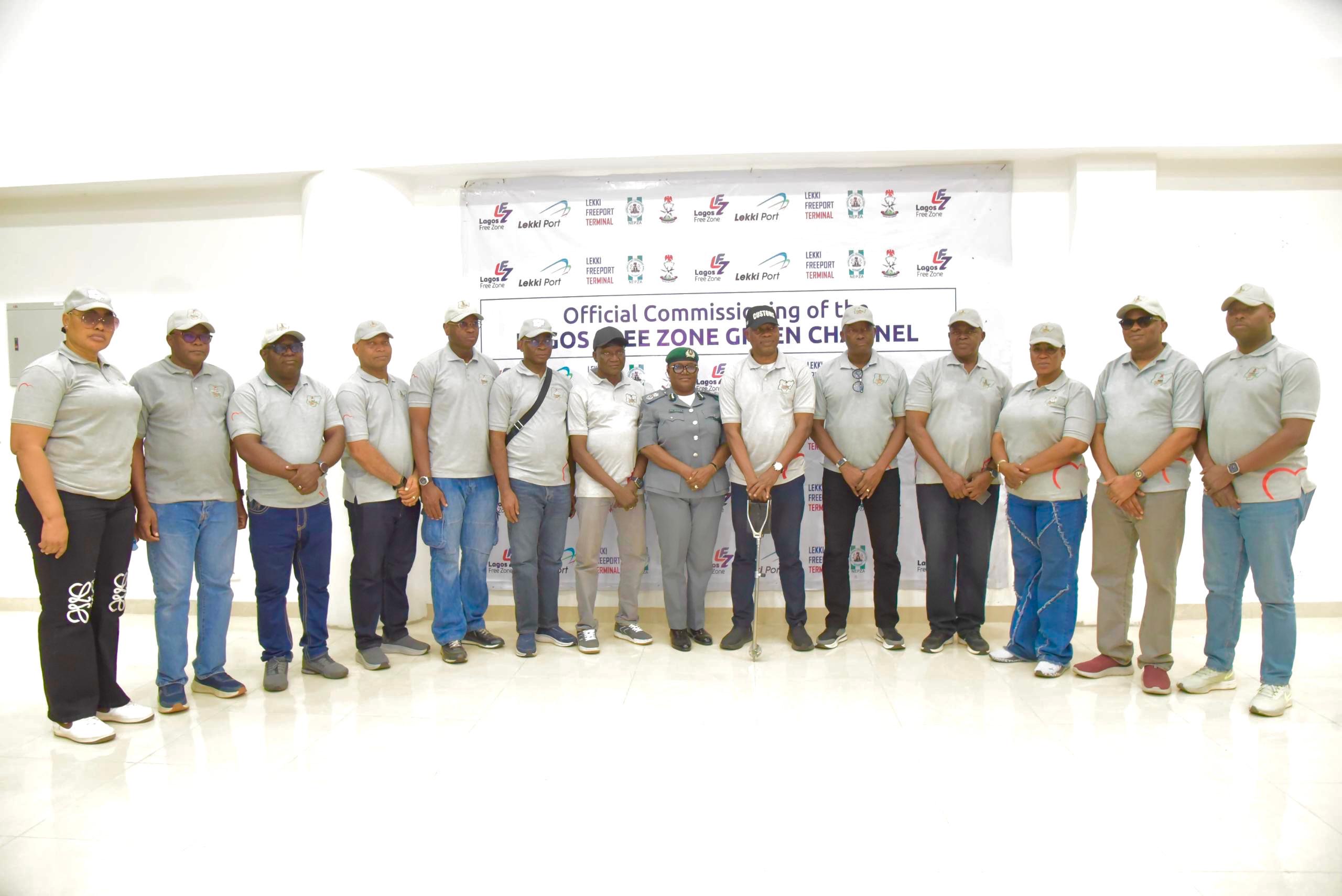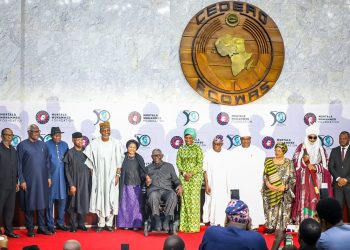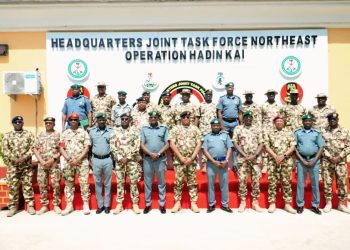By Nkechi Eze
The Director-General and Chief Executive Officer of the Nigerian Meteorological Agency (NiMet), Professor Charles Anosike, has reaffirmed the central role of meteorology in strengthening sustainability and financial reporting in Nigeria, stressing that weather and climate data form the foundation for evidence-based investment and regulatory decisions.
Anosike, who is also Nigeria’s Permanent Representative with the World Meteorological Organization (WMO), made the assertion on Tuesday, September 9, 2025, during a strategic meeting between NiMet and the International Sustainability Standards Board (ISSB) at the Securities and Exchange Commission (SEC) office in Lagos. The high-level engagement was convened to explore how climate data could be systematically integrated into sustainability disclosures and financial reporting frameworks in Nigeria.
In his remarks, Anosike underscored NiMet’s commitment to ensuring access to reliable and actionable climate data while building national capacity for its application. He emphasized that NiMet’s datasets are crucial for bridging the gap between climate science and finance, particularly in emissions tracking and investment analysis. “NiMet’s data is critical for assessing the financial effectiveness of the emission factor, which is directly linked to economic and investment outcomes. Our role is to ensure that businesses and regulators have the evidence base they need for informed decision-making,” the DG said.
As part of the engagement, NiMet delivered a technical paper titled “Socio-Economic Benefits of Agricultural Meteorology in an Emerging Economy: Risks and Opportunities.” The presentation showcased how the agency’s forecasts and advisory services have enabled farmers to reduce post-harvest losses, improve yields, and bolster food security. It also highlighted innovative adaptation strategies and financial opportunities for strengthening resilience in agriculture and agribusiness.
Welcoming the initiative, Mr. John Briggs, Head of SEC Lagos Office, noted that the collaboration represents a timely effort to integrate meteorological data into Nigeria’s financial architecture. He stressed that aligning NiMet’s services with capital market operations would add value to the commodity value chain at the Nigerian Exchange (NGX).
Also speaking, Dr. Ndidi Nnoli Edozien of the IFRS Foundation pointed out that credible, science-based data is indispensable for sustaining investor confidence and aligning local practices with global sustainability standards. “Evidence-based data is essential not only for transparency but also for positioning Nigeria as a competitive investment destination in a world where sustainability is a benchmark,” she said.
The meeting, which brought together eminent stakeholders, resolved that while climate finance provides the monetary resources for green growth, it is meteorology that supplies the science and data to guide effective investment choices. Notable participants included ISSB Board Member, Professor Richard Barker; Dr. Neil Stewart; senior officials of the SEC; and representatives of NiMet.
By underscoring the socio-economic benefits of meteorology, the engagement reinforced NiMet’s strategic role in advancing Nigeria’s transition towards sustainable investment practices. It also highlighted the growing consensus that transparent, climate-informed financial reporting will not only strengthen resilience across critical sectors but also boost investor confidence and enhance Nigeria’s global competitiveness.















